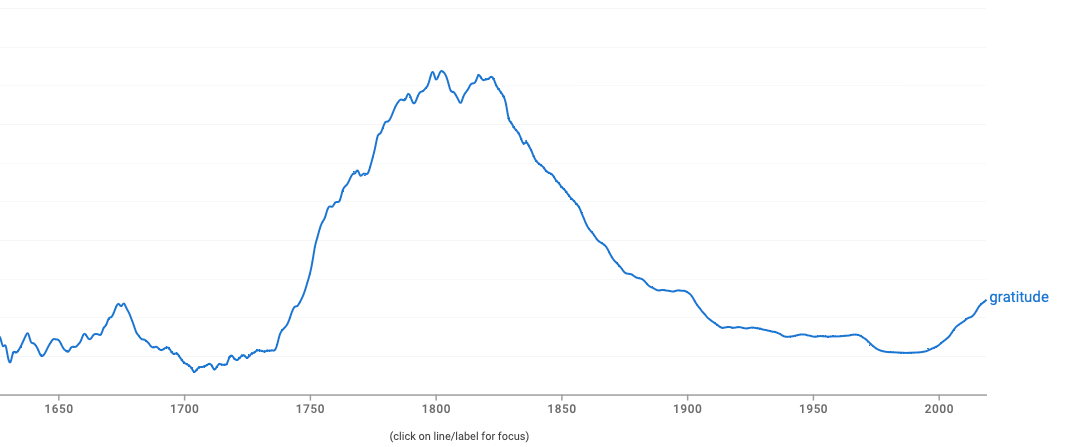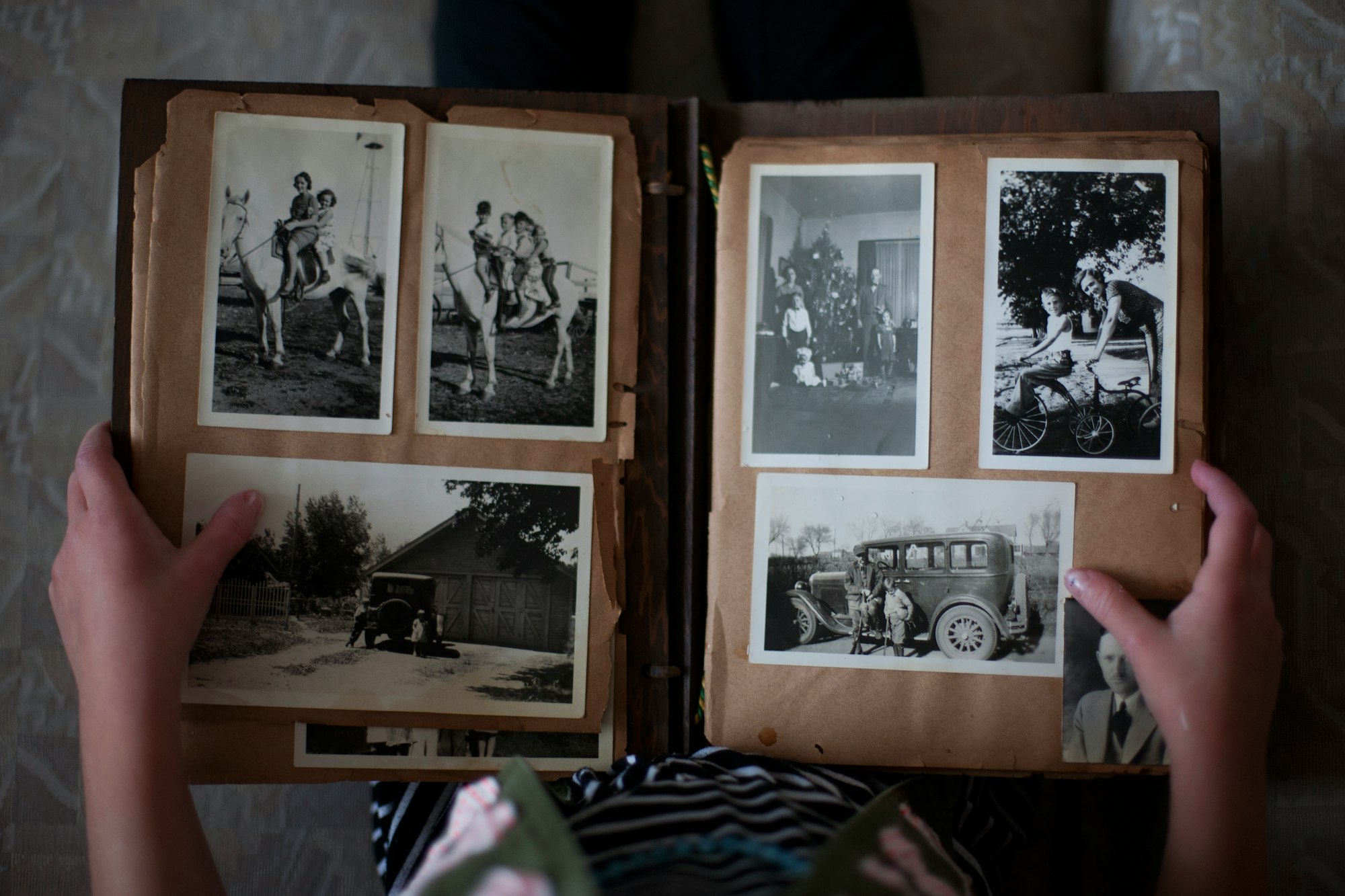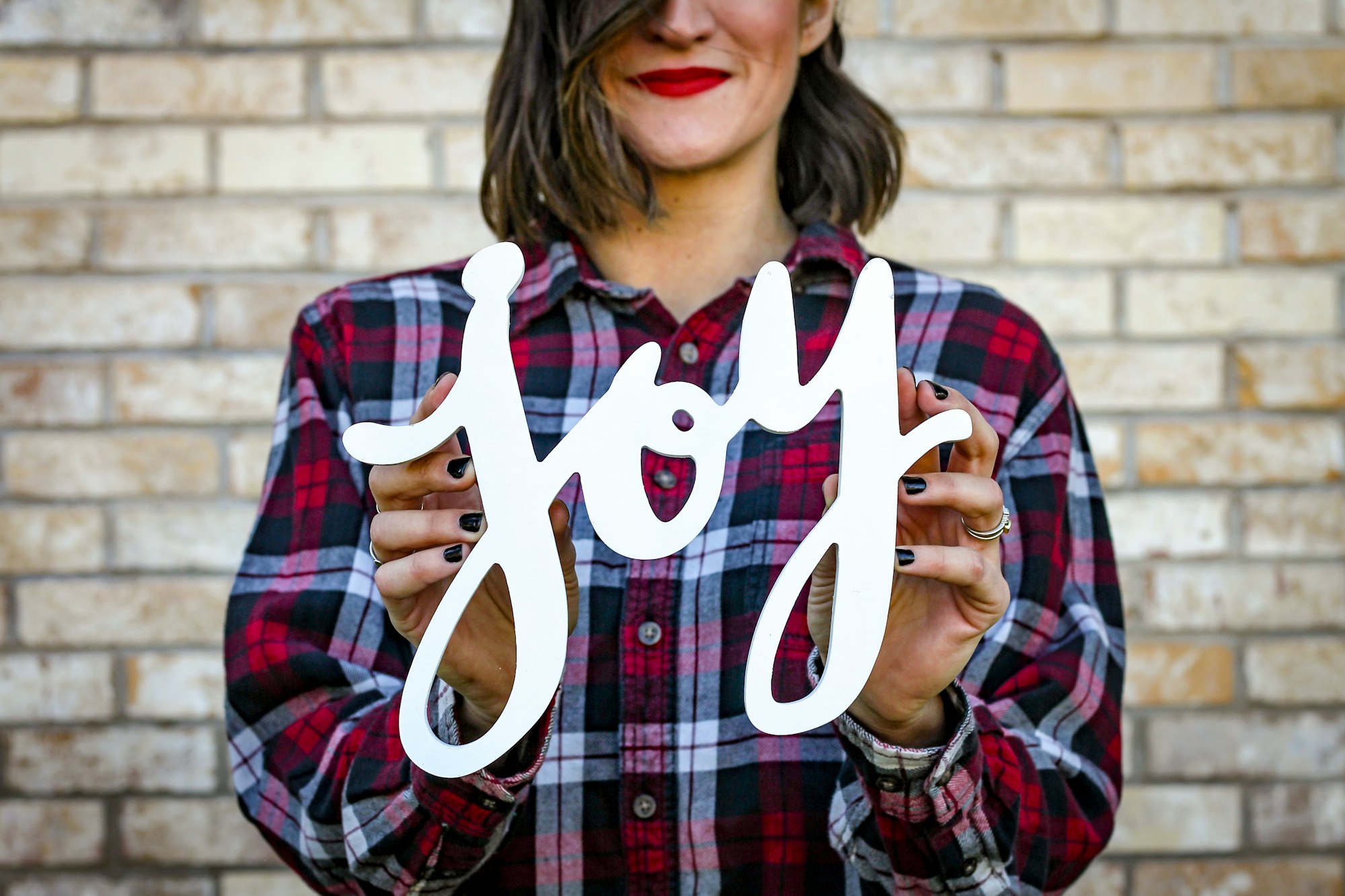Prompt 31: Give Thanks

What are you thankful for this week?
I've always been jealous of my US friends who celebrate Thanksgiving each November.
It isn't the turkey, the cranberry sauce, the pumpkin pie, or even the fact that they get a day off that makes me a little green with envy - it's the whole idea of a public holiday rooted in the idea of gratitude.
The US isn't alone in its day of Thanksgiving - Canada, Grenada, the Netherlands, the Philippines, Saint Lucia, Rwanda, Brazil and Liberia all have Thanksgiving days. Other countries like Germany and Japan have similar days too.
Everyone brings their traditions to the day and celebrates it at different times of the year.
Usually, it began as a day to give thanks for the harvest. For some, it's connected to a religious ceremony, services and prayers - for others, it's a secular practice.
Here in Australia, we have no Thanksgiving day (although one of our territories - Norfolk Island, celebrates it on the last Wednesday of November) - so I thought this week it might be a good opportunity to prompt those of us without an official day of thanksgiving to create our own.
― Epicurus
The Resurgence of Gratitude

As we've seen with the words Joy and Savour - Gratitude is something of an old-fashioned word. Its use in books peaked in the 1800s before beginning to fall out of vogue.
It's only since 2000 that we've seen its use in literature rise again.
Indeed much has been written about gratitude in the last two decades, with much research being conducted into the benefits of being more intentional about practising it.
Today I read a fascinating 2018 paper by Summer Allen, which summarises the science around gratitude.
It talks extensively about how gratitude leads to lasting positive benefits, including better brain health, boosted mood, increased life satisfaction, lowered fatigue, reduced inflammation and pain, improved sleep, increased happiness, decreased materialism, increased social integration and much more.
The benefits are clear on both an individual level and corporately and culturally.
We're better off when we're practising gratitude!
― Melody Beattie
Practice Gratitude

I love that any time "gratitude" was mentioned in my reading this week, the word "practice" almost always accompanied it.
While some people may naturally be more grateful than others due to their personality type (there is debate on this), their parents, their culture, their religious practices, and other factors - gratitude is something we can all learn to do!
The key is to practice it - and as anyone who has learned any new skill will tell you - practising something takes time and is something that at first doesn't always come naturally.
Building a regular rhythm of gratitude can be done in many ways, and many exercises and practices have been developed to help us do it.
A few ideas that I've seen people use:
- wake up with gratitude (think of 3 things you're grateful for before you do anything else in the morning)
- a gratitude journal (this could be 100% of what you journal or just a part of it)
- writing thank you notes/letters/messages/cards to others

- discuss what you're grateful for as a family over a meal (we have tried to do this with our kids with the question, "what three things are you thankful for?"
- thanksgiving dinner (once a month, have a special dinner with special food where the theme is thanksgiving)
- daily notifications (every time your watch tells you to "stand up", use the notification to stimulate you to come up with one thing you're thankful for). Alternatively, you can get apps that will chime during the day, or you can set up recurring reminders.
- brush your teeth with gratitude (use the time you spend brushing your teeth as a prompt to be thankful). You could do this with other daily things like drinking coffee, having a shower etc.

- Gratitude affirmations - come up with simple affirmations that you say to yourself every morning or evening. This can help when you may not be particularly grateful as a reminder of the truths you prepared for yourself earlier.
- Visual gratitude diary - take one photo every day of something you're grateful for - you could keep them for yourself or share them on a dedicated social media account.
- Gratitude jewellery - I have one friend who bought herself a charm bracelet that is a visual prompt to be grateful. Every time she looks at it, she tries to come up with one thing to be grateful for.
- Gratitude jar - put a jar somewhere you'll see it, and put a pad and pen next to it. Your goal is to fill it with notes of things you're grateful for! If you're ever feeling down, dip into it!
We will all be different in what will help us to build gratitude into a habit.
― Marcus Tullius Cicero
What I'm Trying

I need a reminder or cue to build new habits and have found that setting notifications on my phone or watch can be a good way to do it.
I have one recurring notification set each morning and another every night to mentally note something I'm grateful for - I try to write these down in a journal, too (although I am not as good at doing this).
I also have another prompt to thank somebody in my life for something.
I find that these three simple notifications each day are enough most days to build a little more gratitude into my days.
I also am trying to mention what I'm grateful for more in conversations and have noticed that when I do this, it sometimes seems to stimulate others to bring up things they're grateful for (gratitude is infectious).
― A.A. Milne
What Will You Try?
I'd love to hear what gratitude practices you found helpful in the comments below. Also, let us know what you'll try in the week ahead!
Lastly - I want to take this moment to thank you for continuing to read these weekly prompts.
Over the last few weeks, I've had some wonderful messages from readers - I appreciate that encouragement and have loved this opportunity to share some of what I'm thinking about each week.
Previous Related Prompts





Member discussion